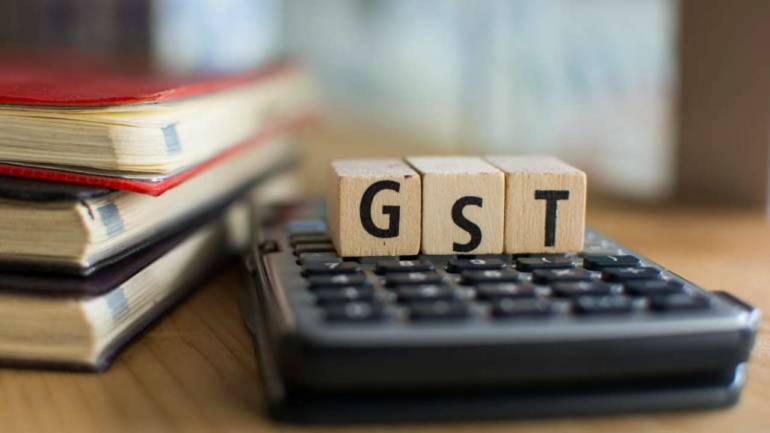The government is working on a proposal to levy an 18 percent Goods and Services Tax (GST) on salaries of CEOs and CXOs of companies, sources told CNBC-TV18.
A report by The Economic Times also said that top companies and banks are already being questioned by the tax department with respect to cross-charging.
The department is trying to ascertain whether or not some companies have been passing on their common costs (for functions carried out at a company's head office like HR, IT, audit and legal services), which also includes salaries of CEOs, to their branch offices. Such services come under the purview of the GST framework.
As per the CGST Act, any supply of goods or services or both between different GST registrations having the same PAN (distinct persons) shall be treated as "supply" and shall attract GST.
So the tax department wants such common costs to be treated as a supply in line with the provisions of the framework, and for companies to ensure that these are distributed proportionately from head office to branch offices across states. Thus, companies must cross-charge their branches and pay an 18 percent GST on such services.
However, according to the report, experts have expressed concerns over the confusion around cross-charging, which they say could mean actual cost for the company.
GST cross charge means the services provided by one office of an organisation in a particular state to another office of the organisation in another state will face goods and services tax, or GST.
Under the GST law, each office is regarded as a distinct entity. This means all central functions as mentioned above will be considered as the supply of services between two offices.
Experts have been of the opinion that it is important that irrespective of their location or where they operate from, employees be treated as employees of a particular company. They pointed out that any employee is a part of the organisation and not of any particular branch.
Published On : 14-11-2019
Source : Money Control

